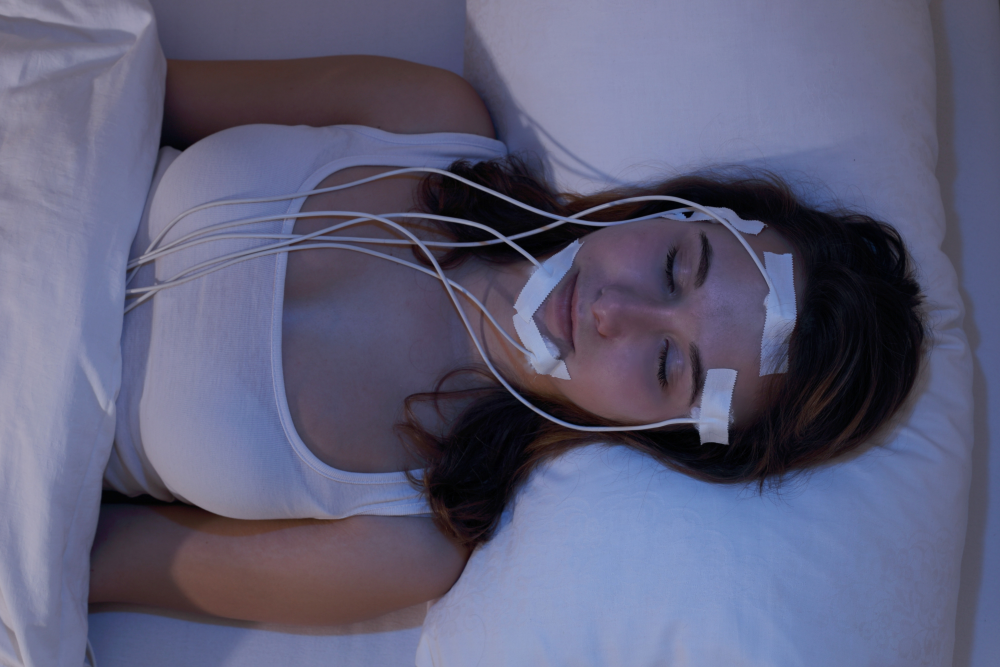Sleep is an essential part of our daily routine. Quality sleep might also be a critical factor in maintaining good health. However, many people suffer from sleep disorders that can lead to serious health problems. A sleep study is a diagnostic test that can help identify the cause of sleep disorders and prevent the development of diseases.
What is a sleep study?
A sleep study, also known as a polysomnography, is a non-invasive test that measures various physiological parameters during sleep. The test is usually conducted in a sleep laboratory, where you spend the night hooked up to various sensors that monitor brain waves, heart rate, breathing, and other vital signs.
During the test, you are observed by a sleep technician who records any abnormal behavior or movements. The data collected during the study is then analyzed by a sleep specialist who can diagnose any sleep disorders and recommend appropriate treatment.
Why are sleep studies important?
Sleep studies are important for disease prevention because they can identify underlying health problems that may be causing sleep disturbances. For example, sleep apnea is a common sleep disorder that is characterized by pauses in breathing during sleep. This condition can lead to high blood pressure, heart disease, and stroke if left untreated.
Other sleep disorders, such as insomnia and restless leg syndrome, can also have negative effects on health and quality of life. By identifying these conditions early on, patients can receive appropriate treatment and prevent the development of more serious health problems.
In addition to diagnosing sleep disorders, sleep studies can also help identify lifestyle factors that may be contributing to poor sleep quality. For example, excessive caffeine intake, alcohol consumption, and smoking can all disrupt sleep and lead to health problems.
Overall, sleep studies are an important tool for disease prevention and can help individuals maintain good health and quality of life. If you are experiencing sleep disturbances or have concerns about your sleep quality, talk to your healthcare provider about the possibility of undergoing a sleep study.
Other articles you might like:
Pelvic Organ Prolapse: What You Need To Know
Around 40% of women worldwide experience pelvic organ prolapse. Most of them are between 60 and 75 years old. While it is common in those who are assigned female at birth (AFAB), it can also occur in people with penises. Though it isn’t infectious, it’s an epidemic in...
Tea-rific Health Benefits of Drinking Green Tea
Around 600,000 tonnes of green tea is consumed annually — a figure that has grown by approximately 20% in the last ten years. When you understand all the benefits of drinking green tea, its popularity isn’t surprising at all. This grassy, flowery, and earthy...
The power of protein on weight management
Weight management can be a challenging journey for many individuals, but with the right approach, achieving a healthy and sustainable weight is possible. Among the various factors that influence weight loss success, the role of protein cannot be overstated. Protein is...
Progressive Muscle Relaxation: Guide to Optimal Health
In today's fast-paced and stress-ridden world, finding effective methods to promote relaxation and restore balance in our lives has become paramount. One technique that has gained considerable recognition in recent years is Progressive Muscle Relaxation (PMR). PMR has...
Causes of pelvic pain and treatment
Causes Of Pelvic Pain And Treatments Do you experience a sharp, shooting pain in your pelvis that comes on suddenly? Do you have a twisted or knotted feeling when exercising or having sex? If so, you may be experiencing pelvic pain. What Is Pelvic Pain? Pelvic pain...
Avocados: The Superfood that is SUPER good for you
Move aside, apples, because there's a new health-conscious favorite in town that's ready to steal the spotlight. Enter avocados, the green wonders that can humbly boast about their irresistible taste and creamy texture. But even more so about their health benefits....
Is a meat diet healthy?
The impact of meat consumption on health is a complex and debated topic. The vegans will give a compelling argument that meat will kill you. And of course, the “carnivore” (person who primarily eats meat) will give a compelling argument that meat is the healthiest of...
Endometriosis: What It Is, Symptoms, Risk Factors, and Treatment
Endometriosis affects more than 11% of American women between the ages of 15 and 44 years as well as roughly 10% of women globally according to the Women’s Health division of the U.S. Department of Health and Human Sciences. Notoriously common and painful, this health...
Unveiling the Health Secrets Within: Understanding the Gut Microbiome
The human body is home to trillions of microorganisms, forming a complex ecosystem within our gastrointestinal tract (GIT) known as the gut microbiome. Long overshadowed by the spotlight on human cells, this intricate community of bacteria, viruses, fungi, and other...
Netflix Documentary Cooked: A review
Highly processed foods in the Western world often take the brunt of the scrutiny when it comes to the concerning rise in the rate of cardiovascular disease, diabetes, and neurodegenerative conditions (just to name a few). But maybe the “causal relationship” isn’t that...











